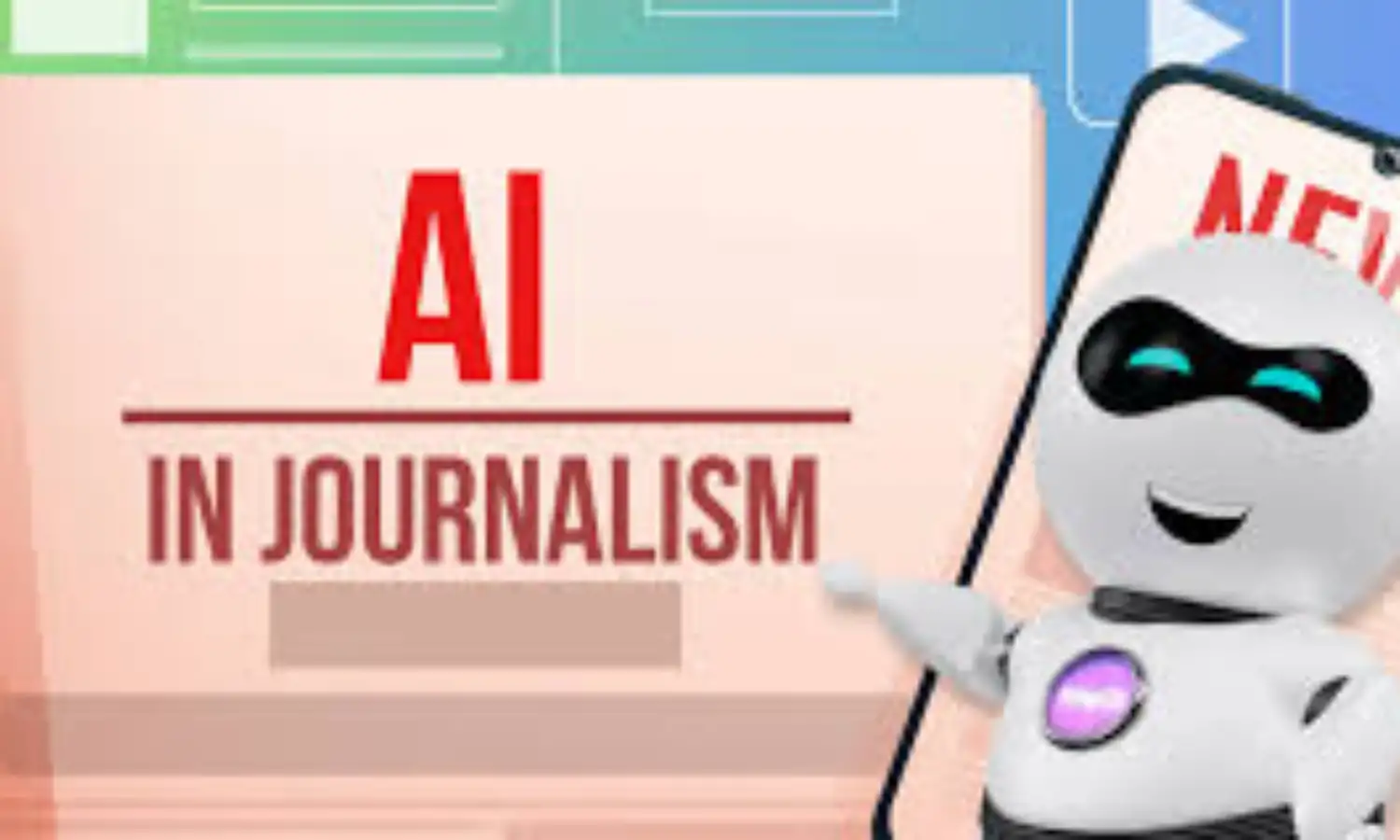AI in journalism, a tool not a threat — Experts
The X platform, formerly known as twitter, has the issues of anonymity, amplification and escalation. Facebook has the tagging feature, privacy violations and impersonation.;

Some technology experts have said that artificial intelligence (AI) in journalism is a tool, not a threat to the profession.
The experts spoke to the newsmen on Friday at the 2024 African Women in Media (AWiM) Conference in Dakar, Senegal.
They said that AI only generates what is fed into it or what an individual wants it to do.
Supreme News reports that the theme of the two-day conference is: “Media and Sustainability.”.
Ms. Fola Folayan, Marketing and Partnerships Manager at the Centre for Collaborative Investigative Journalism (CCIJ), said that AI could transcribe an interview.
She said that it could even go as far as doing what an editor or a copy editor would do in order to save time, as every newsroom had a time frame for stories to be done.
“Personally, I see AI as a tool. It is a tool that you use. You know when they say garbage in, garbage out? It is what you put in the tool that it will generate for you.
“For instance, as a Nigerian journalist, I know that in our newsrooms we are always pressed for time. What AI can do is help you with copy editing, checking for punctuation and sentence structure,” she said.
She said that AI could also be used to transcribe, especially if the person is speaking in English.
“For now, AI has developed to a point where you can translate every language. It makes work so easy. So the work you will do in two hours, you can finish it in 40 minutes.
“But for local languages like maybe Hausa or Yoruba, it is still a problem. But if you have done an interview in English, you put the audio file into the AI, and it will transcribe it back for you.
“It is something to look at and say, ‘This can help us boost our productivity, cut our work time, and, in a way, it also helps with knowledge,” she said.
Dr. Rose Kimani, a speaker who talked about AI and Technology-Facilitated Gender-Based Violence (TFGBV), said gender violence disproportionately affected women and girls in the society.
Kimani said that the social media platforms had specific affordances in the roles they play, adding that they have some features that unintentionally foster TFGBV.
“The X platform, formerly known as Twitter, has the issues of anonymity, amplification, and escalation. Facebook has the tagging feature, privacy violations, and impersonation.
“WhatsApp has the intimate violence mostly between opposite sexes and group harassments,” she said. .
She urged women and girls to build up professional networks, to have personal coping strategies, and to have diplomatic, technology-based responses in order to mitigate TFGBV.

